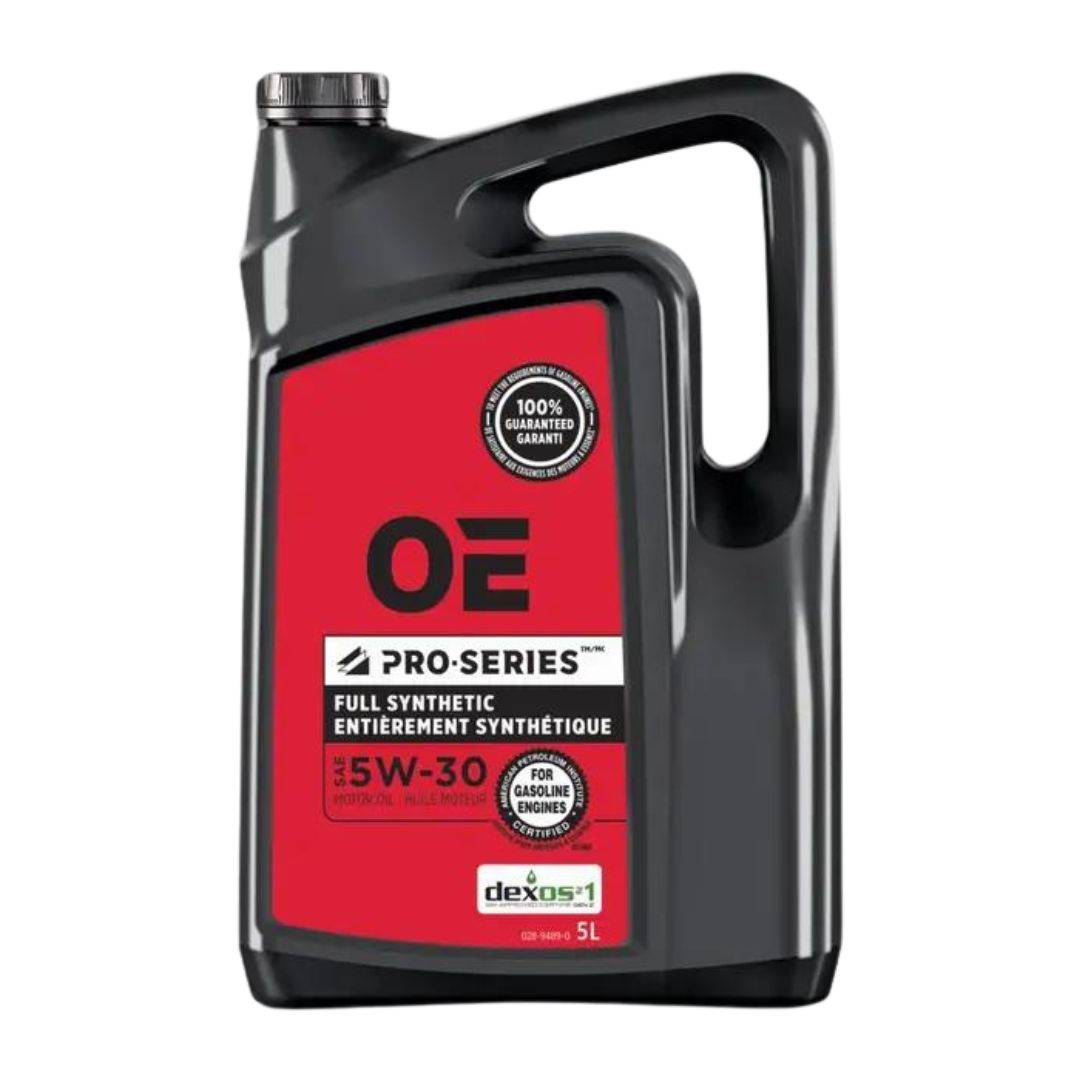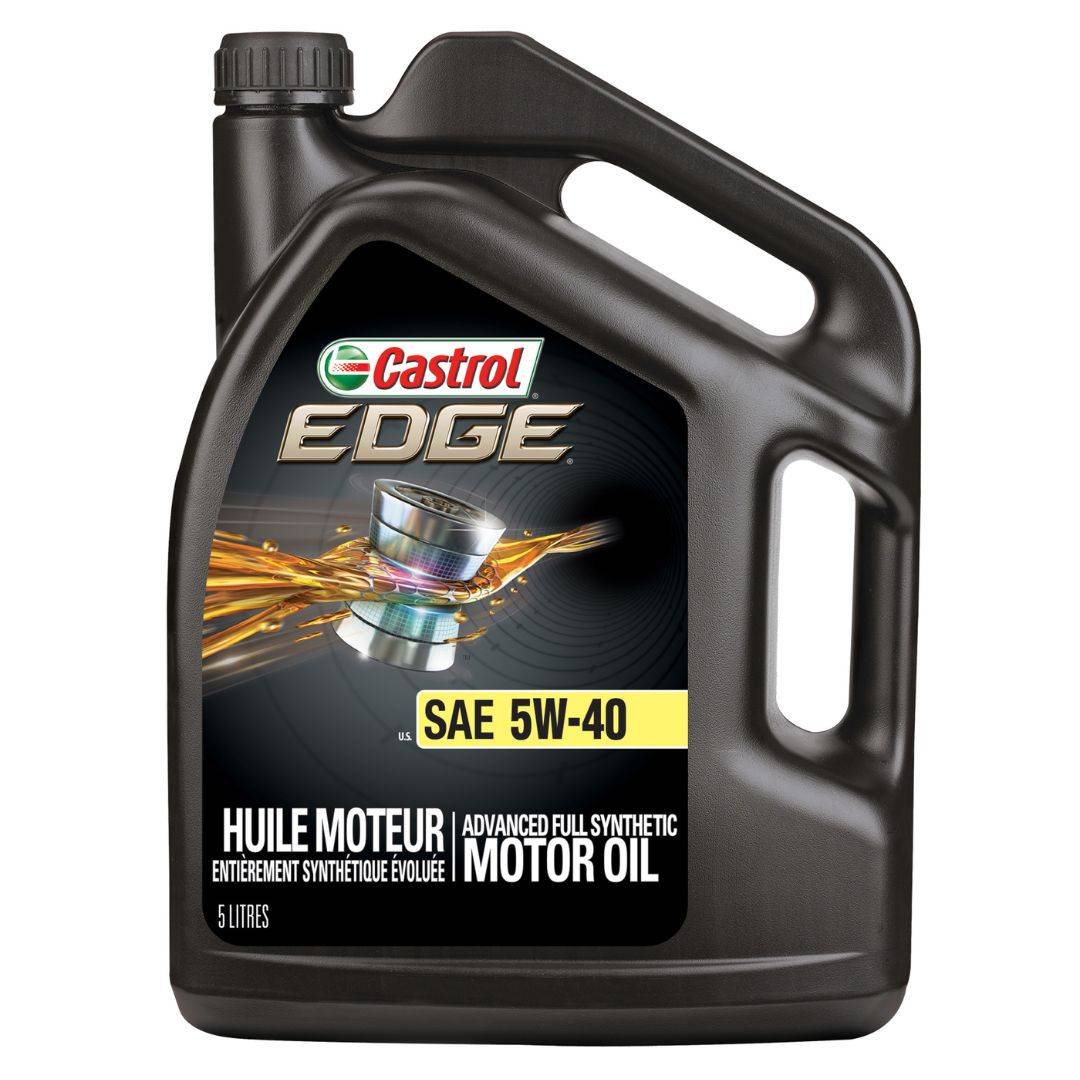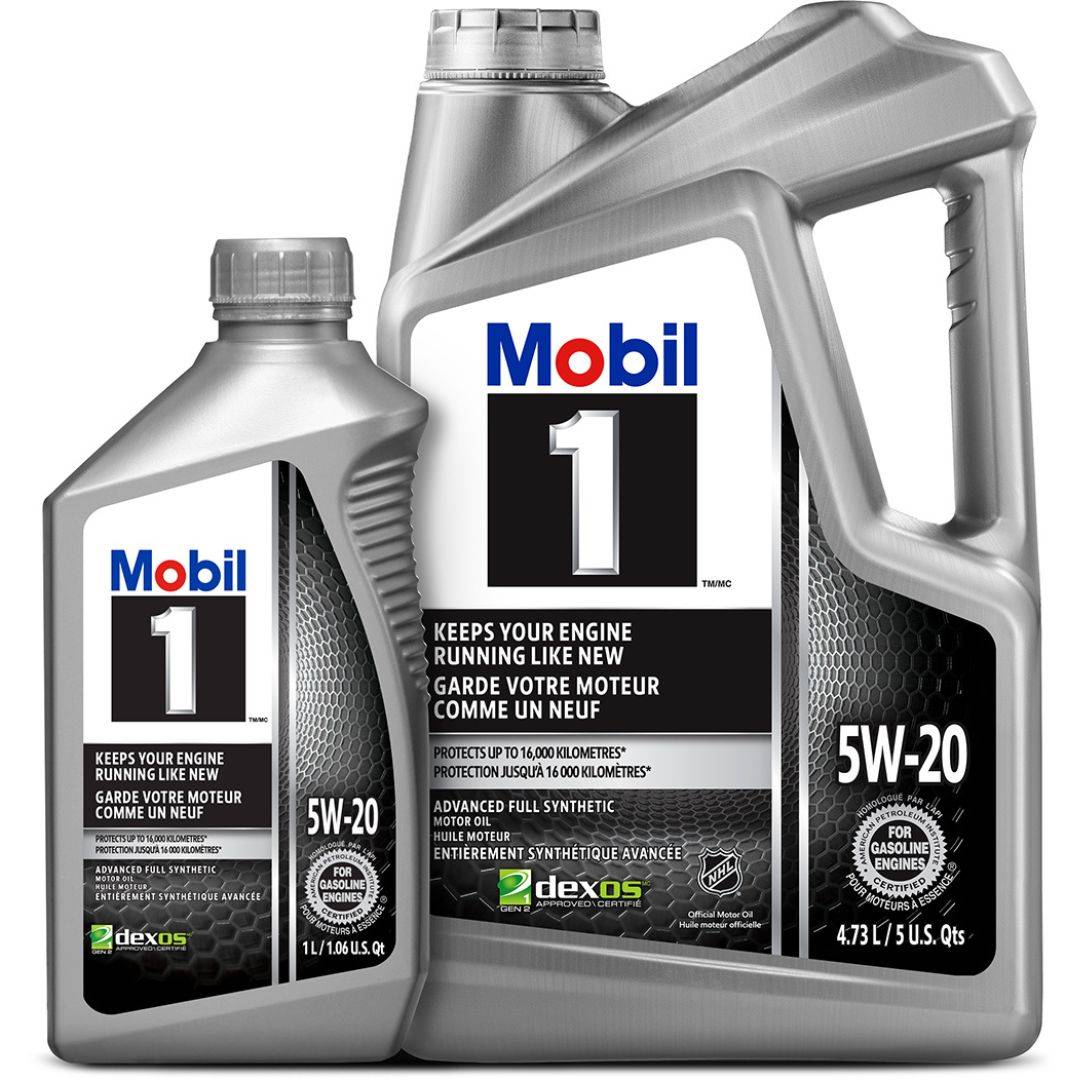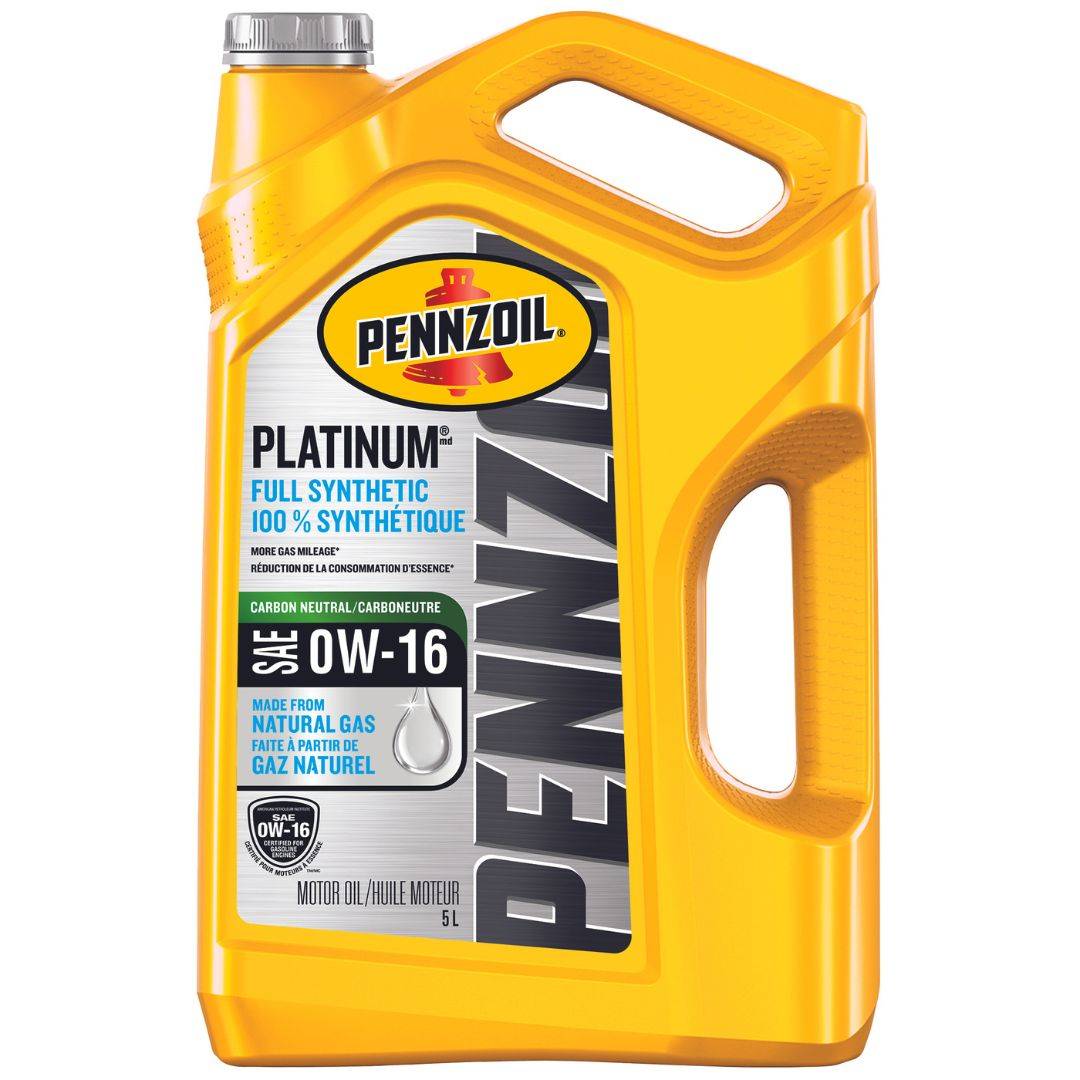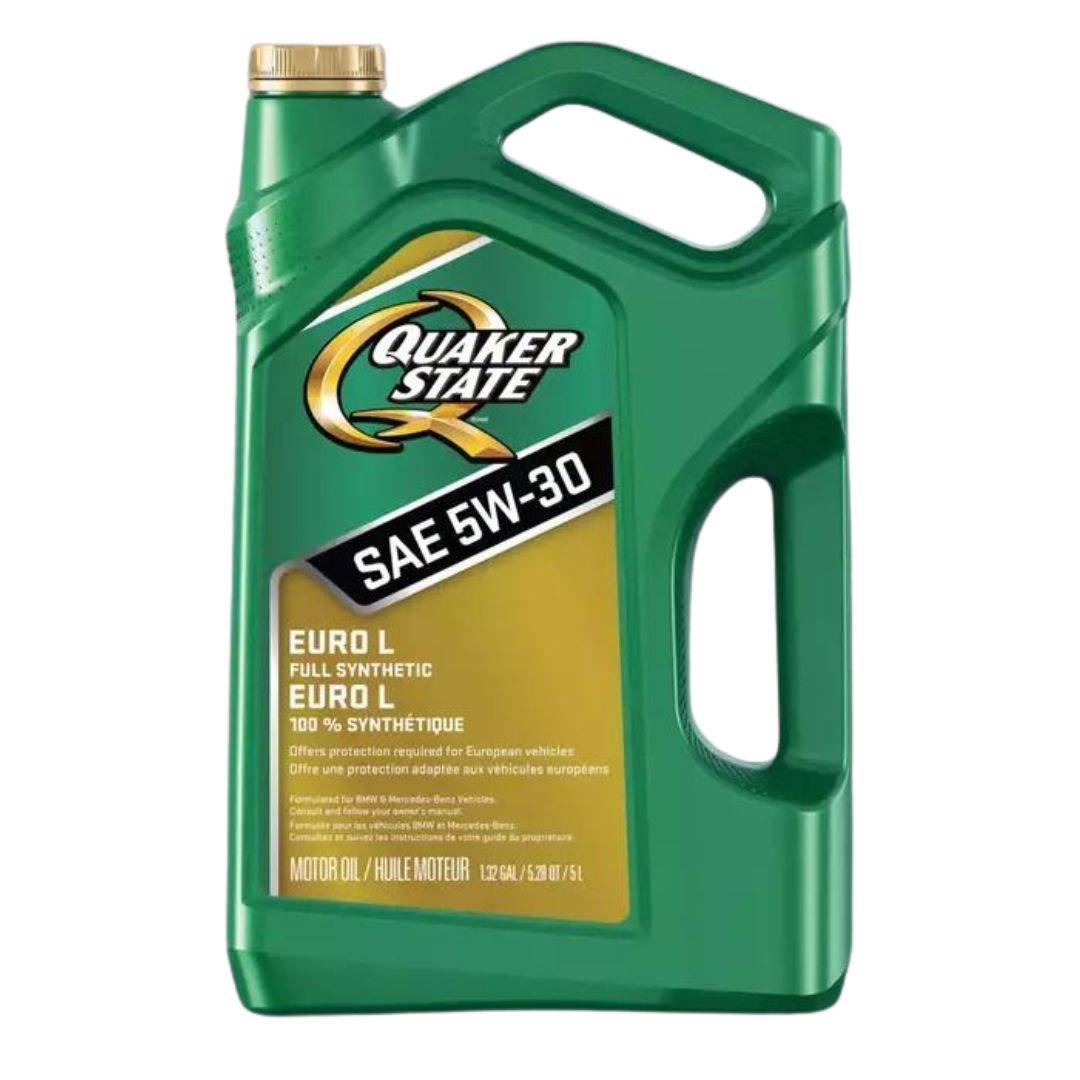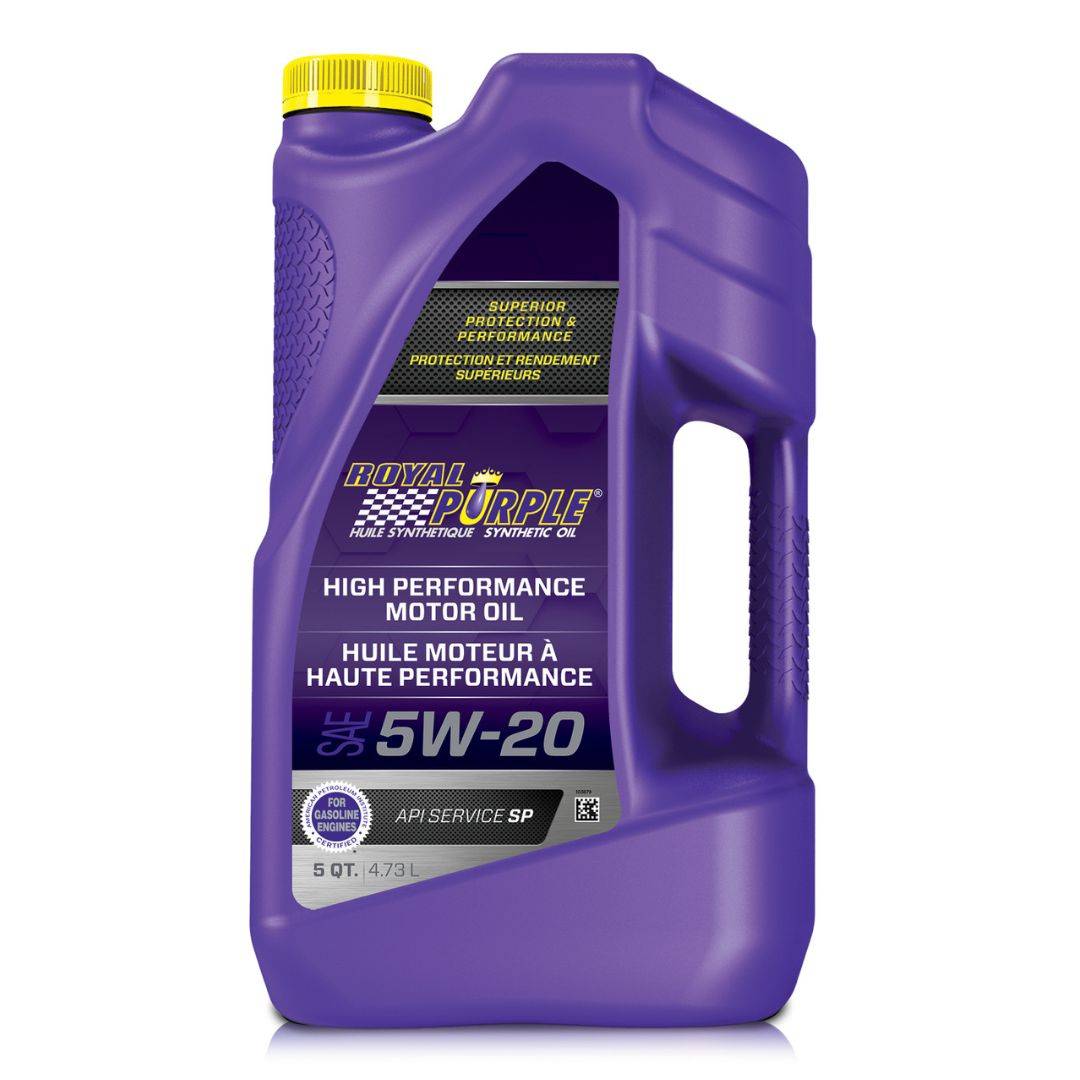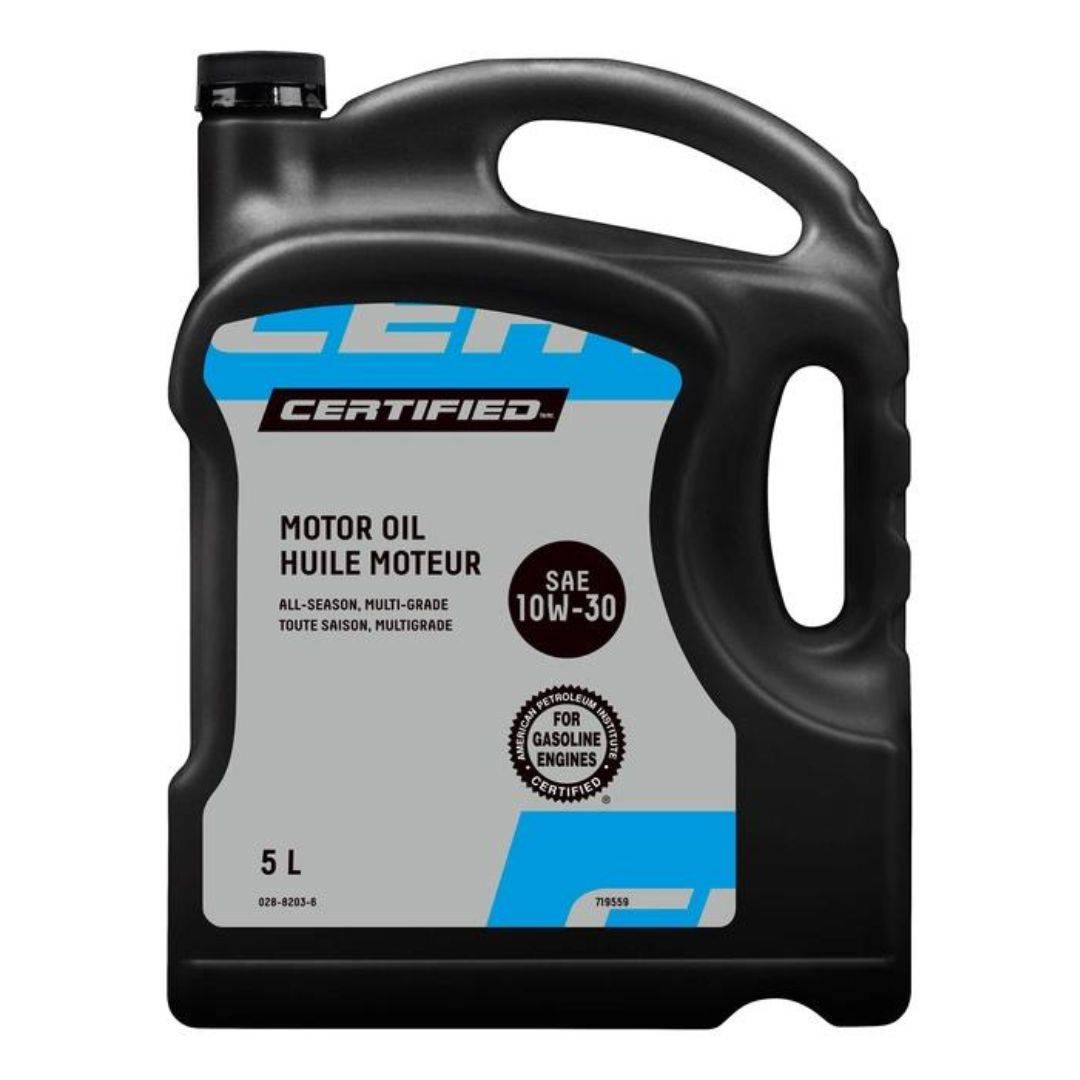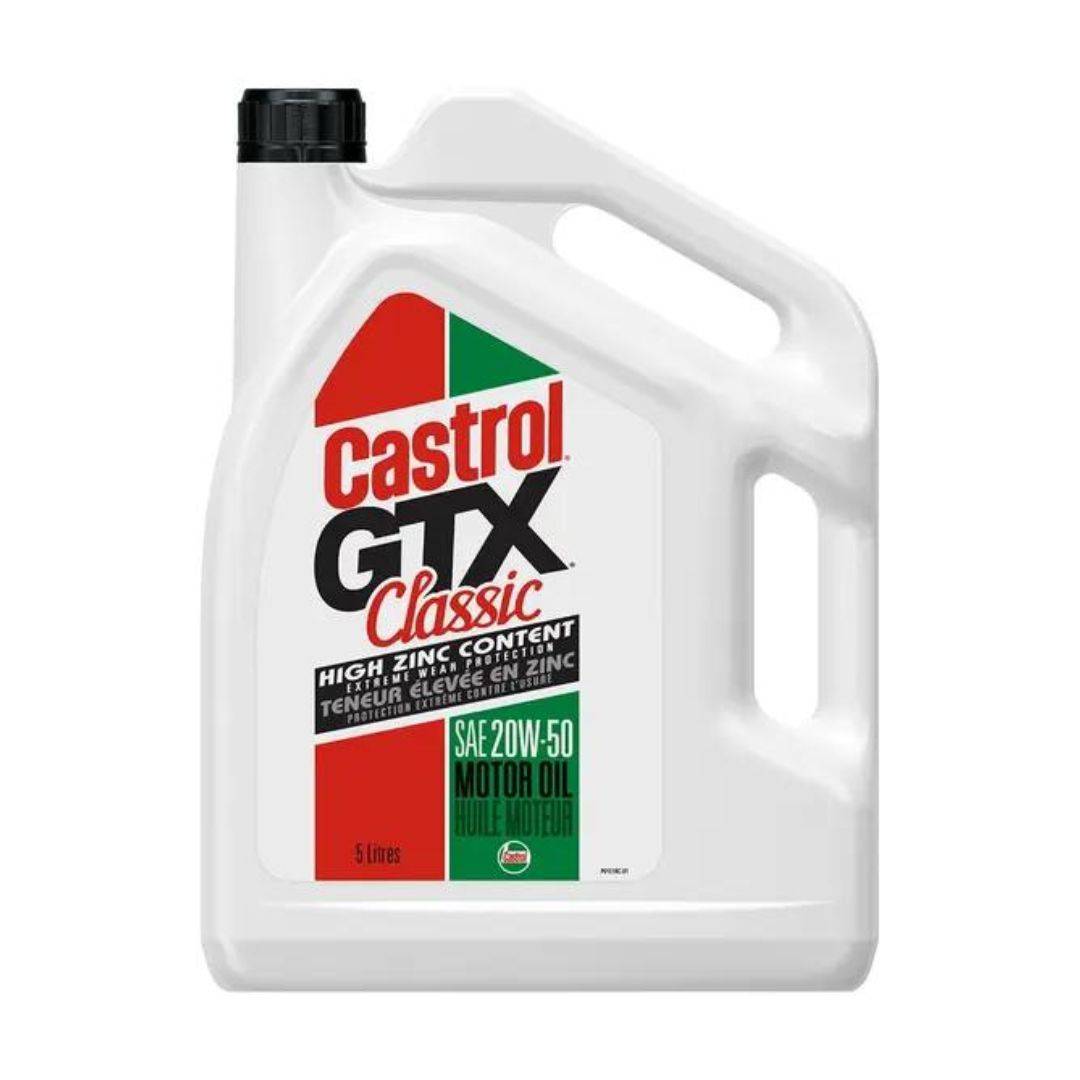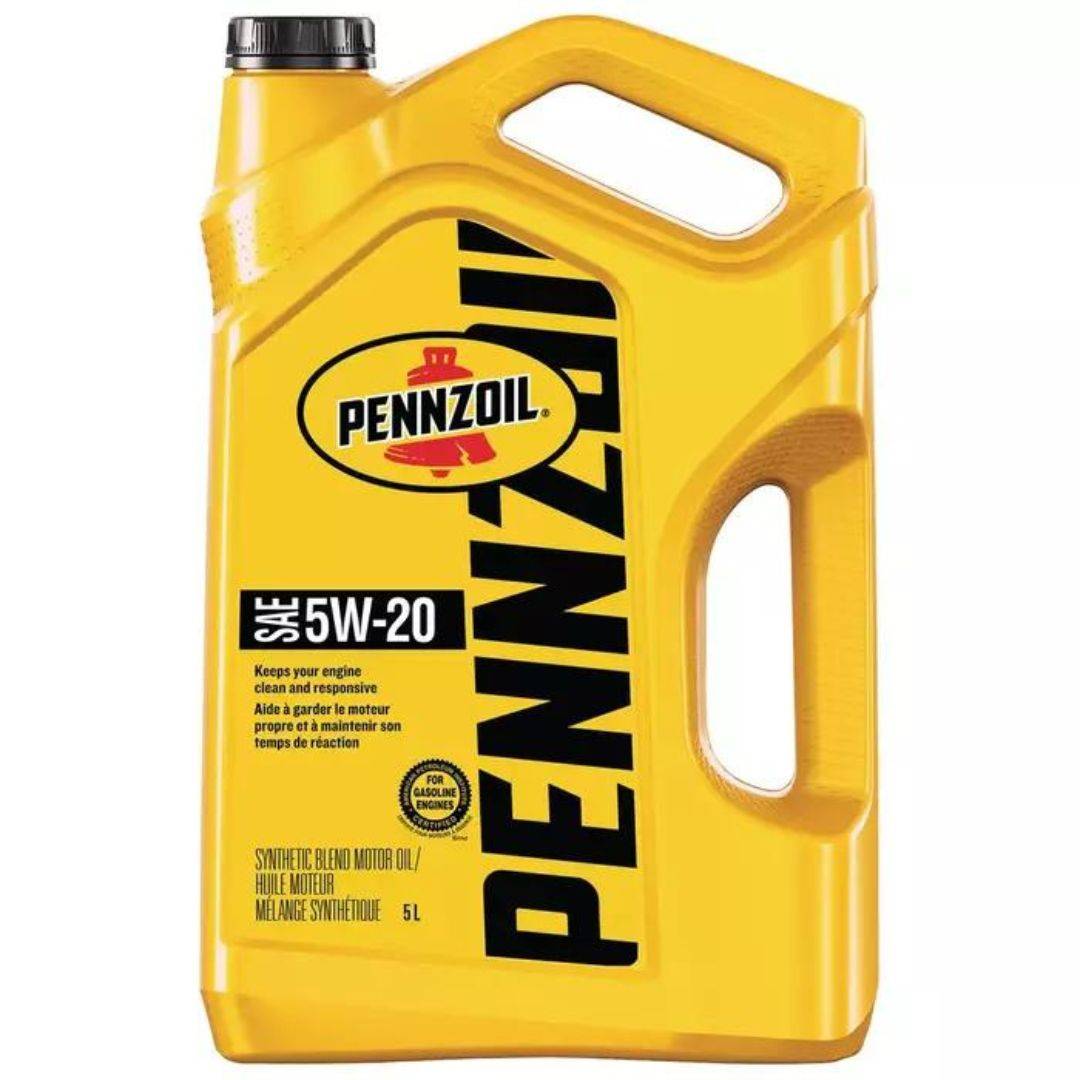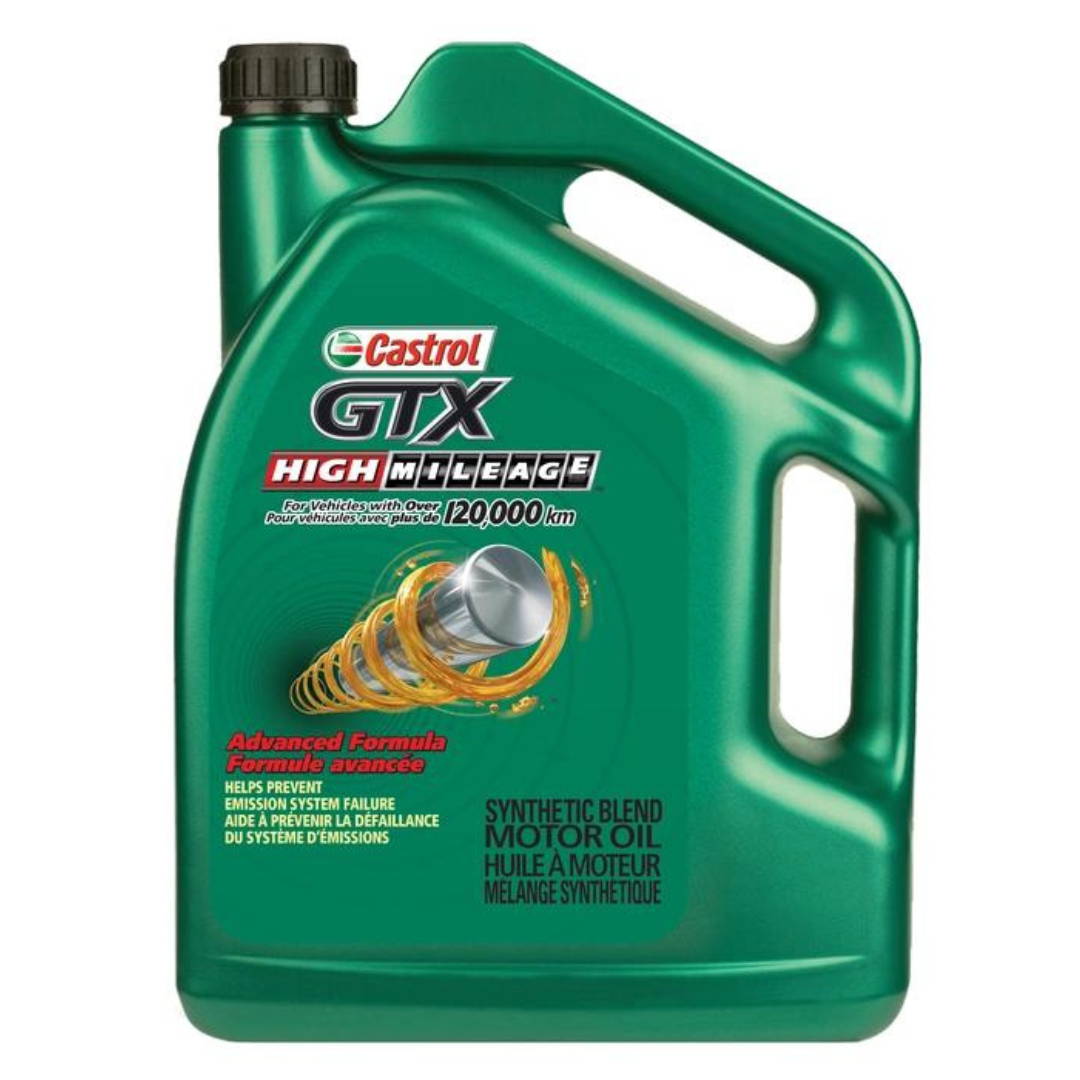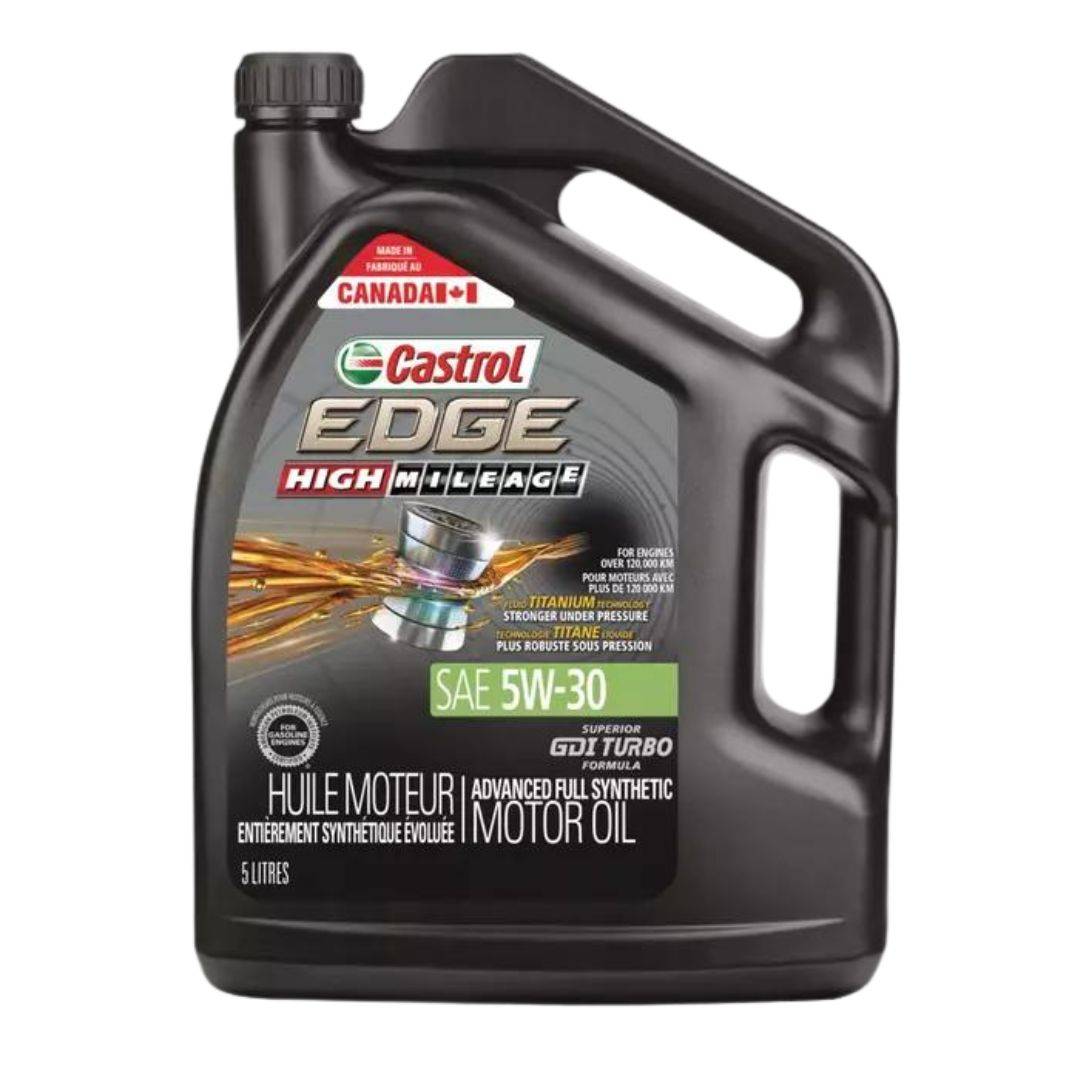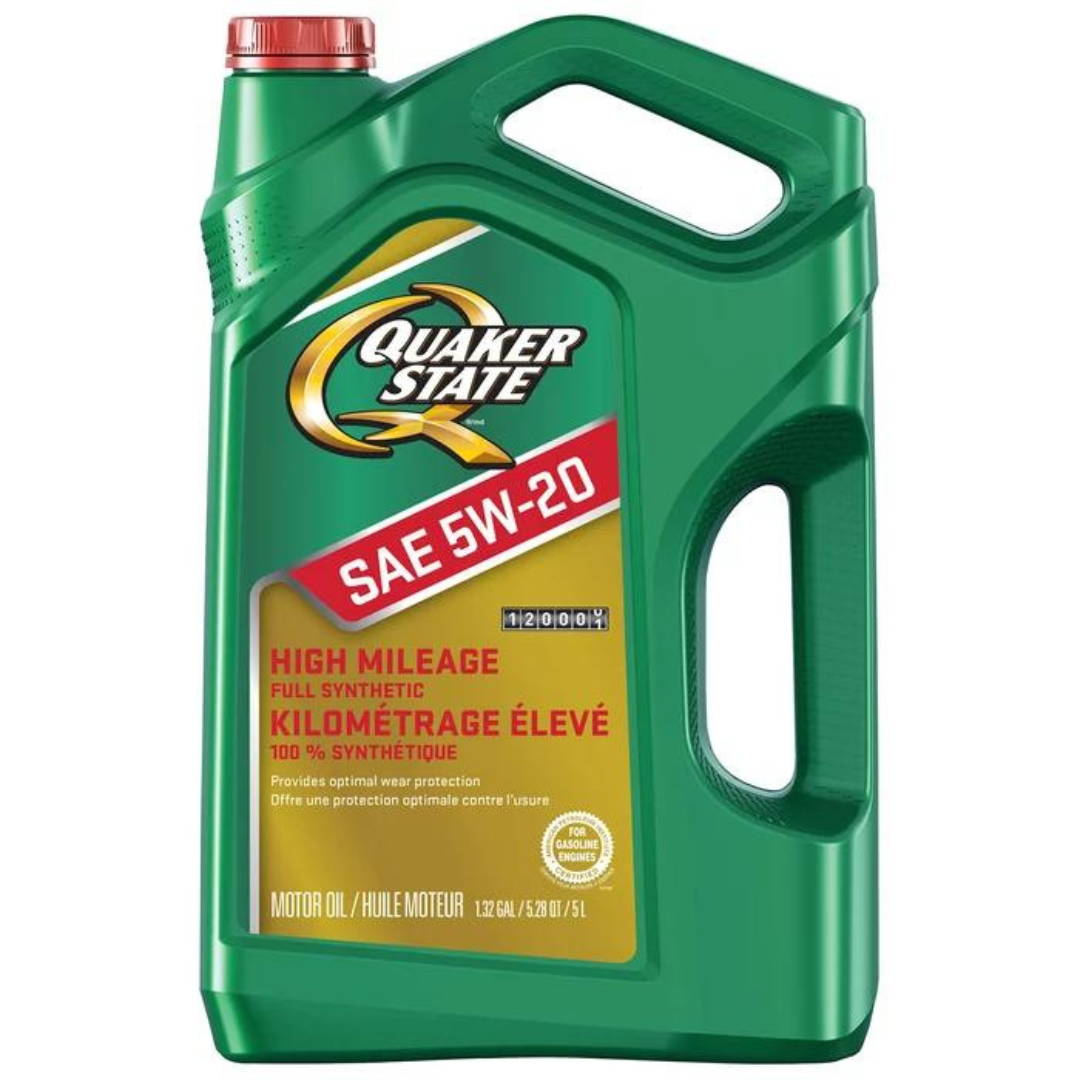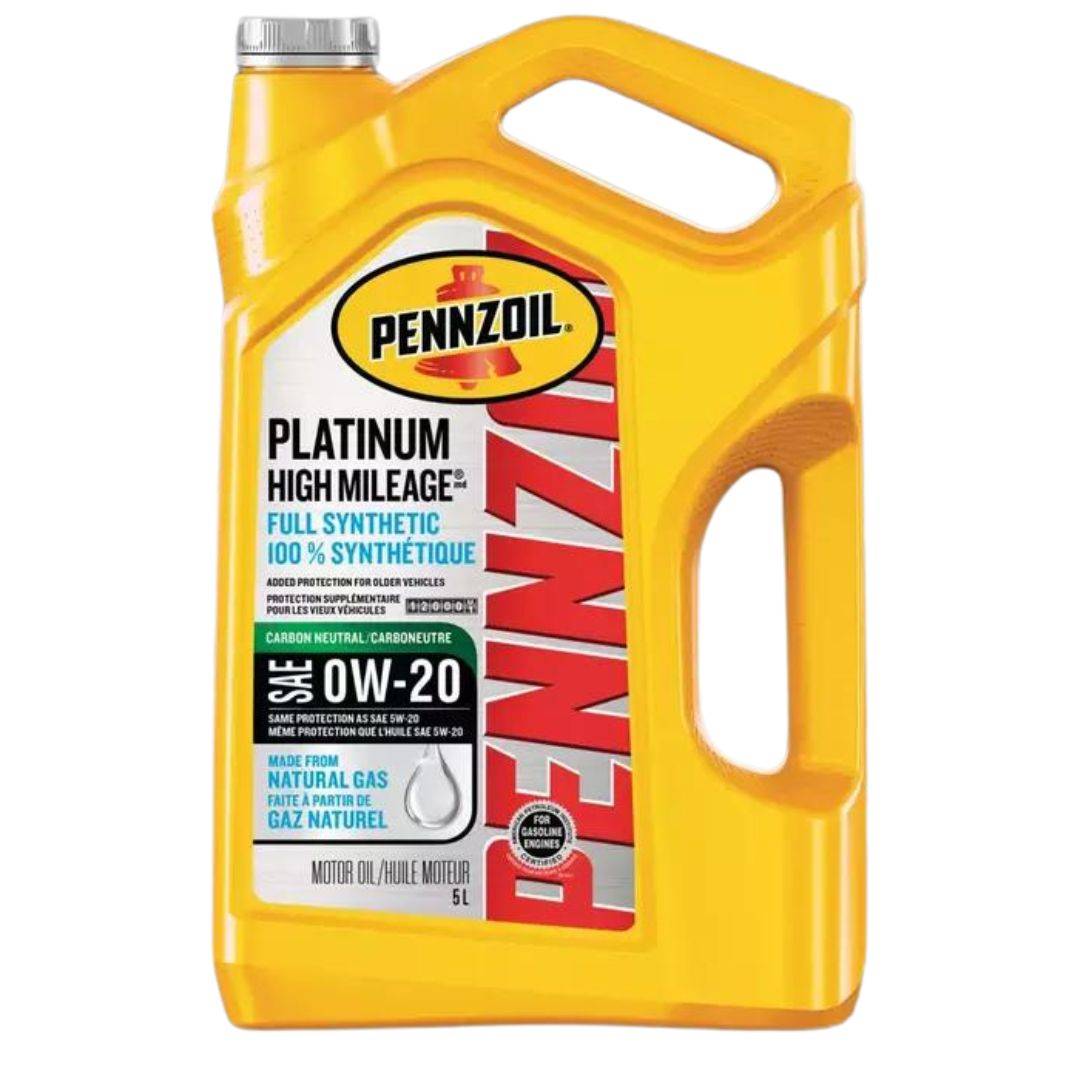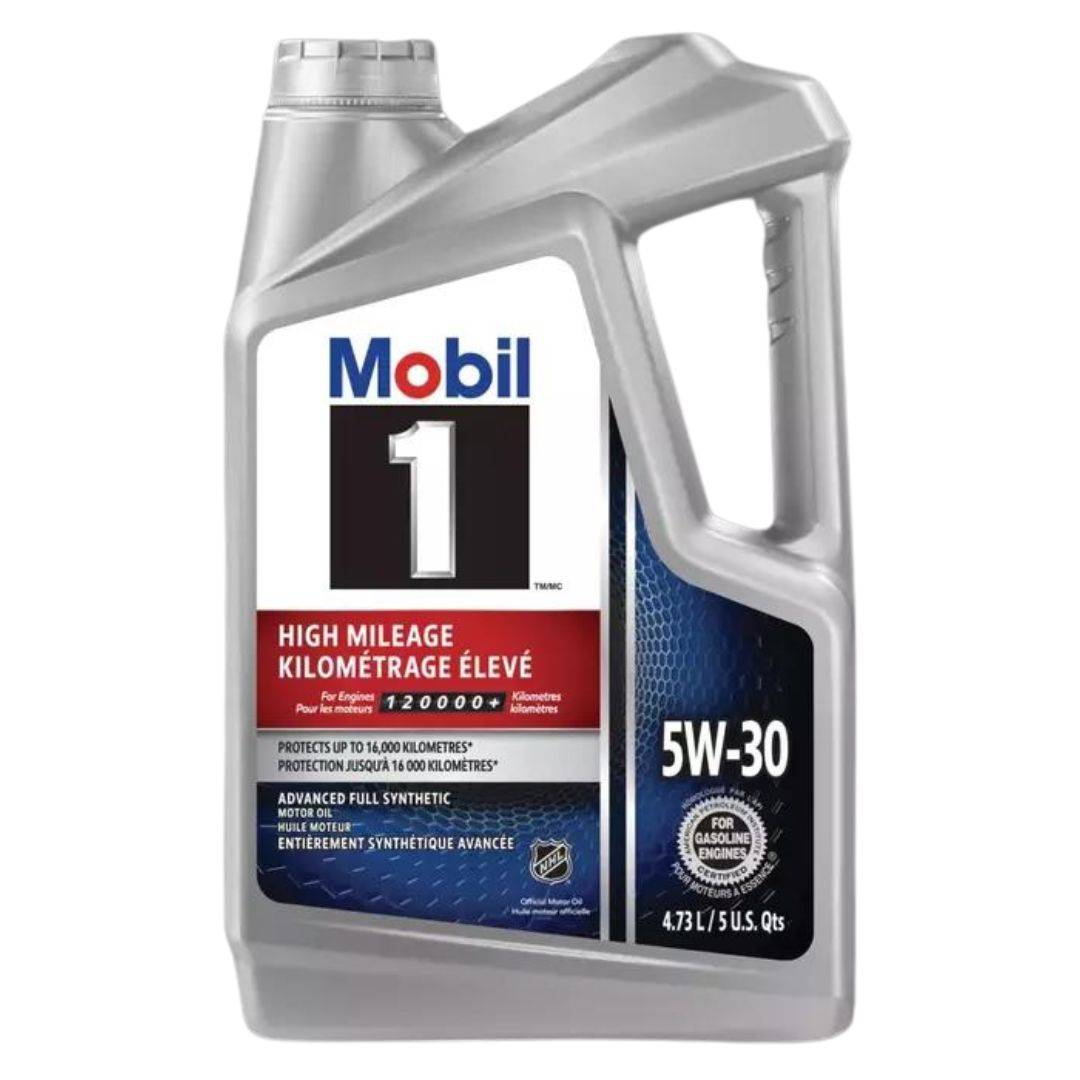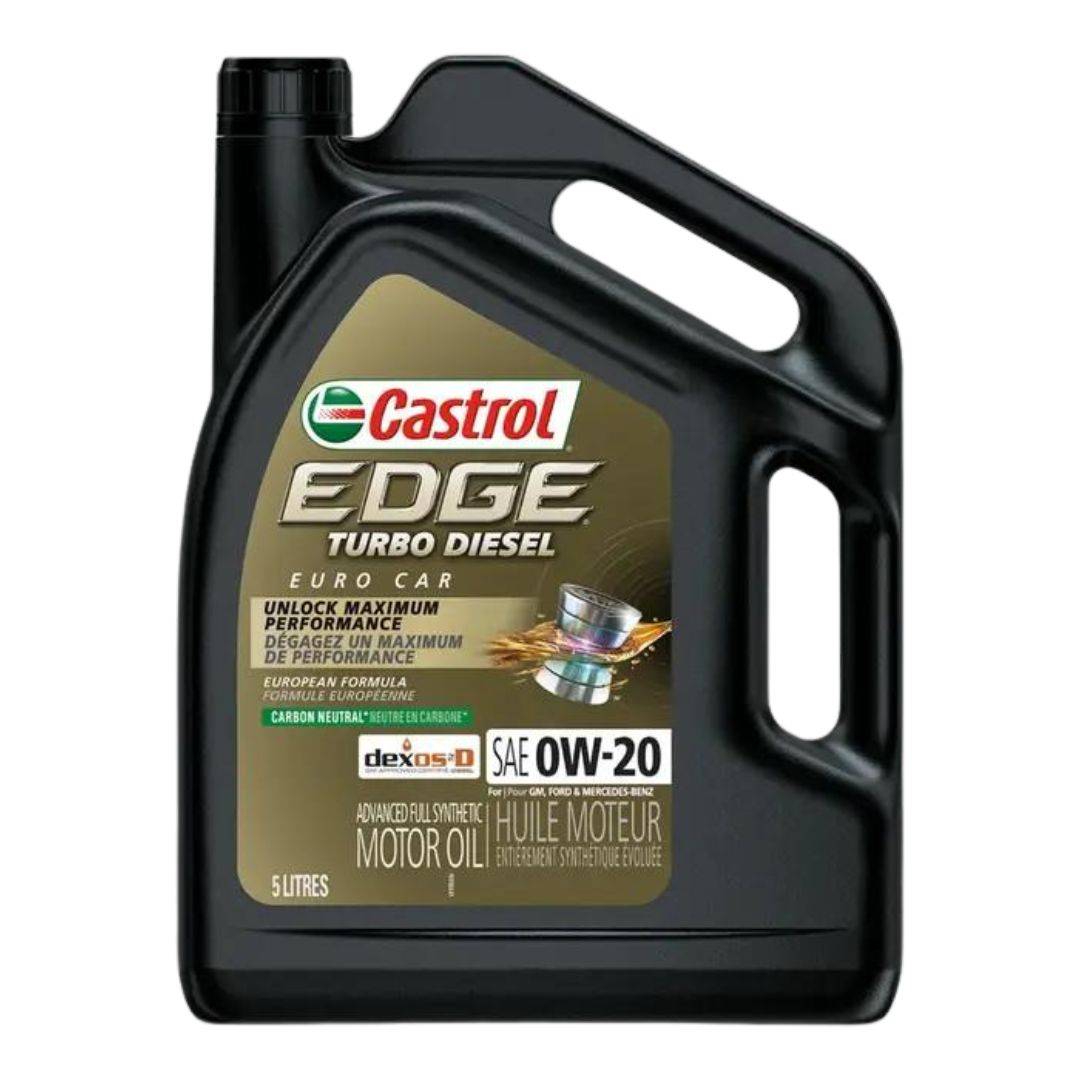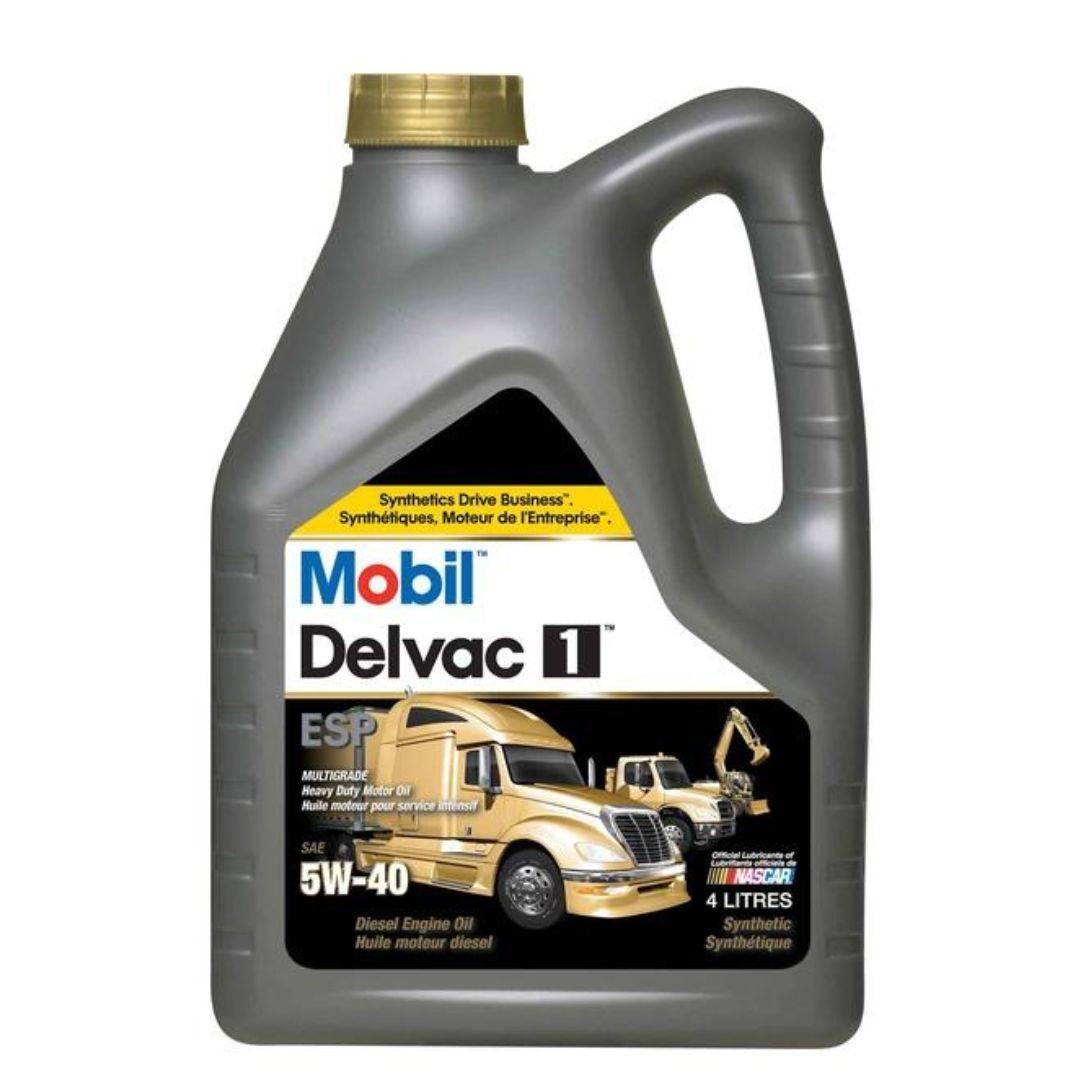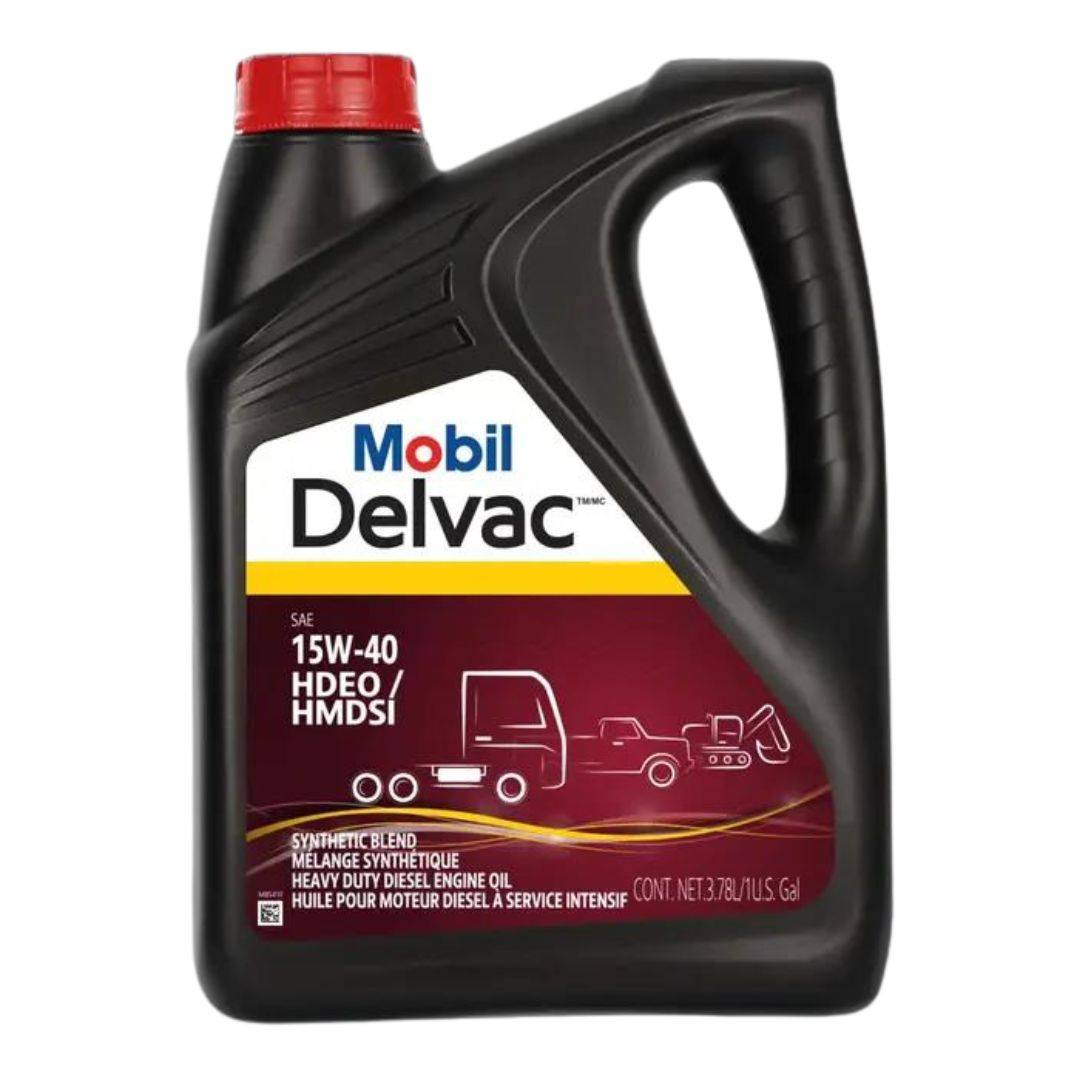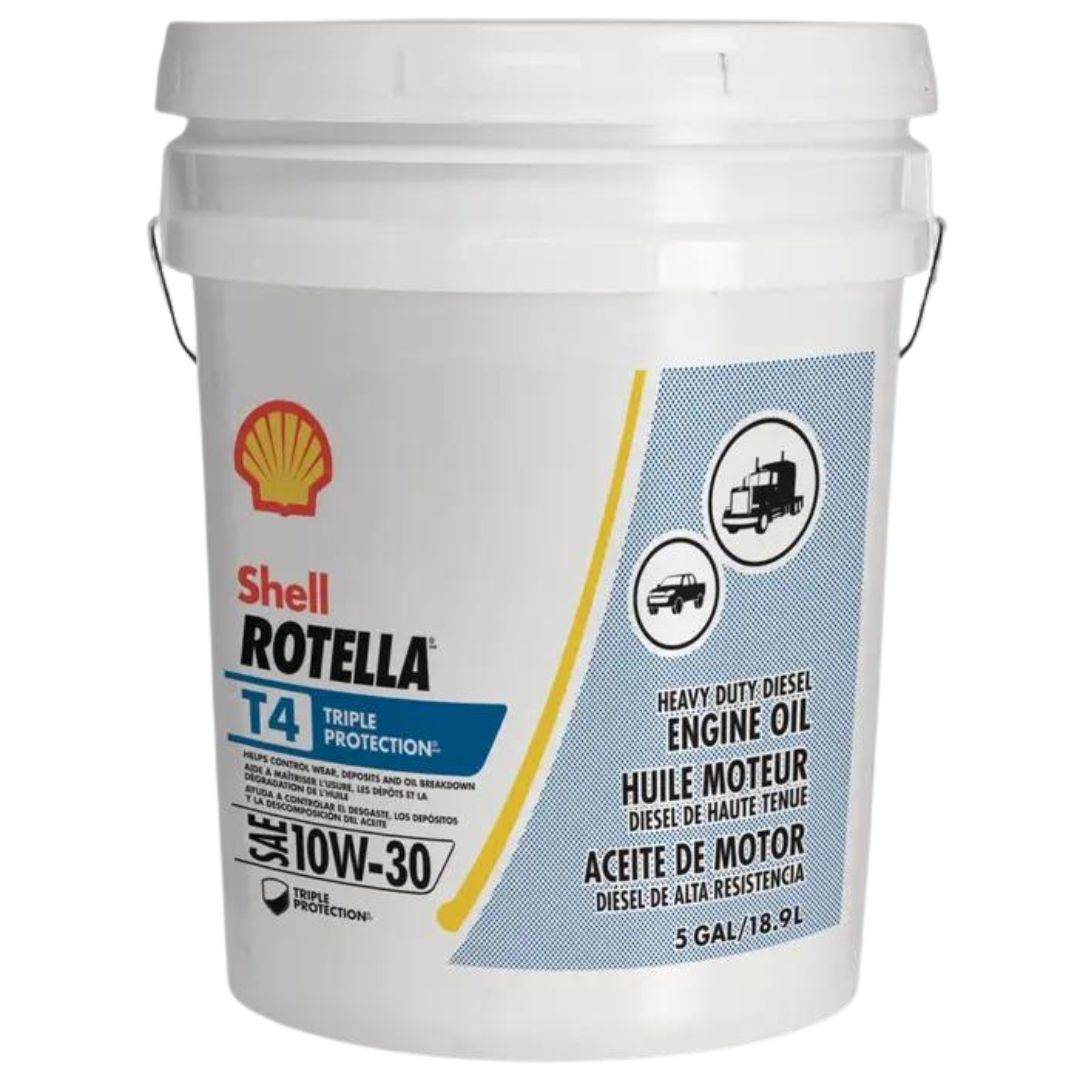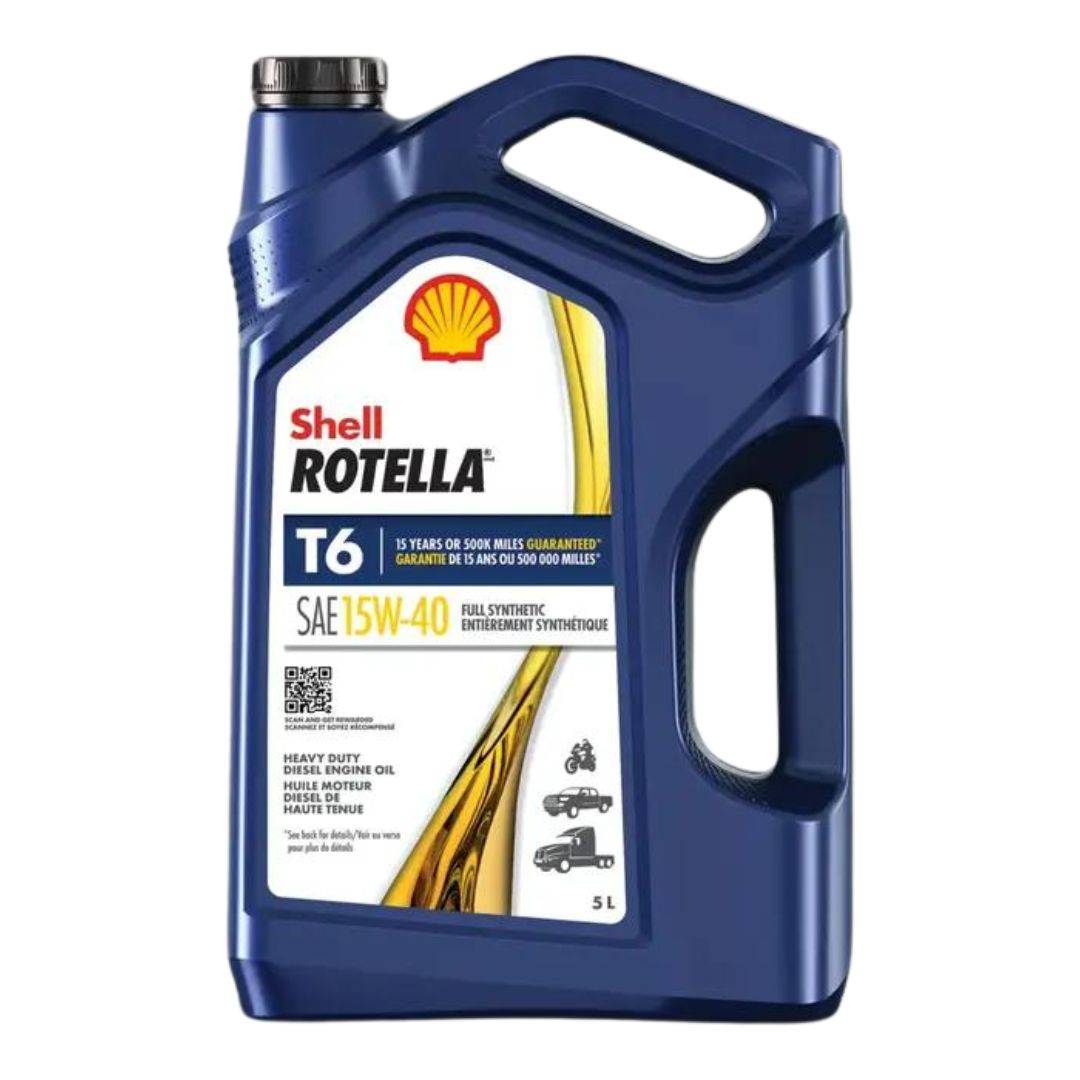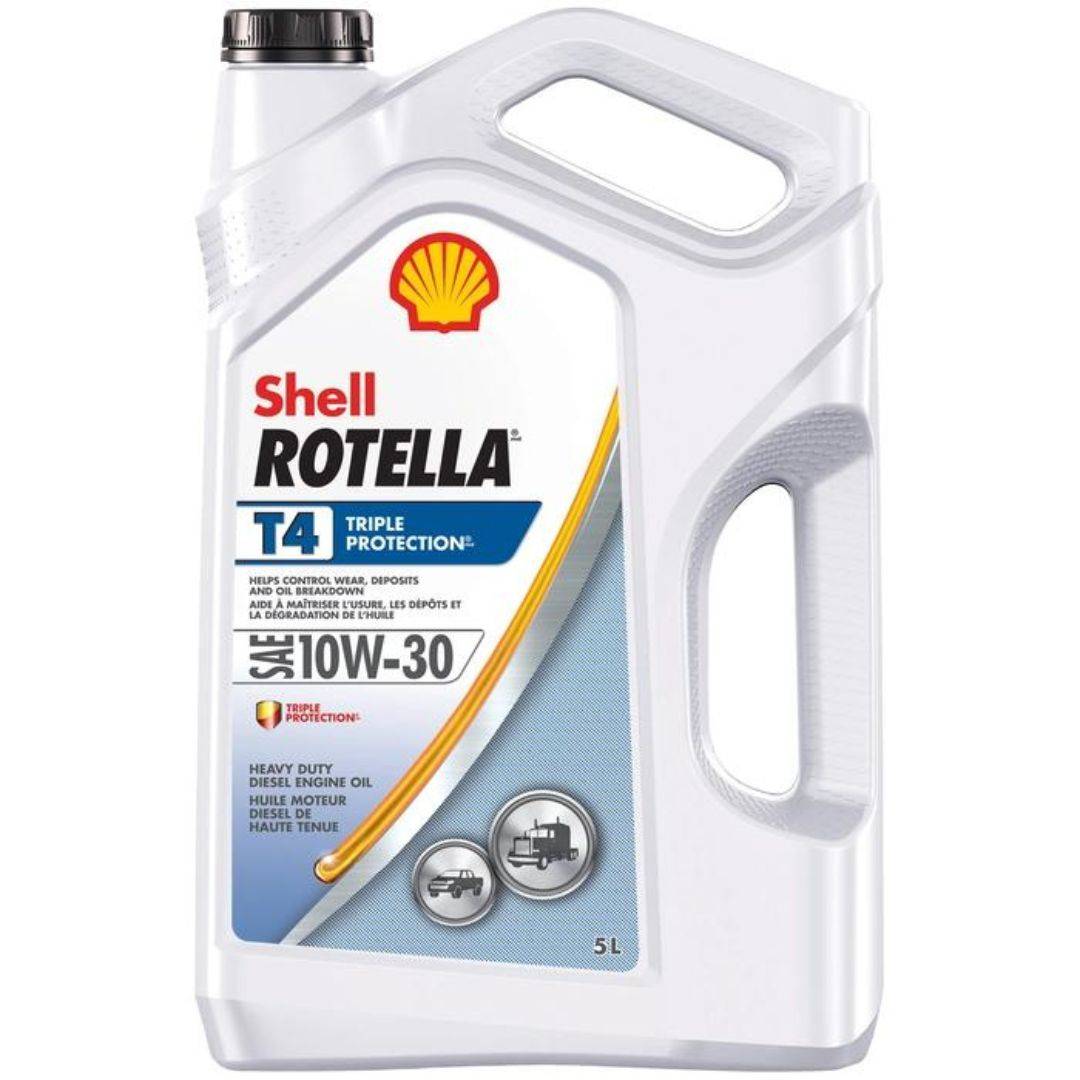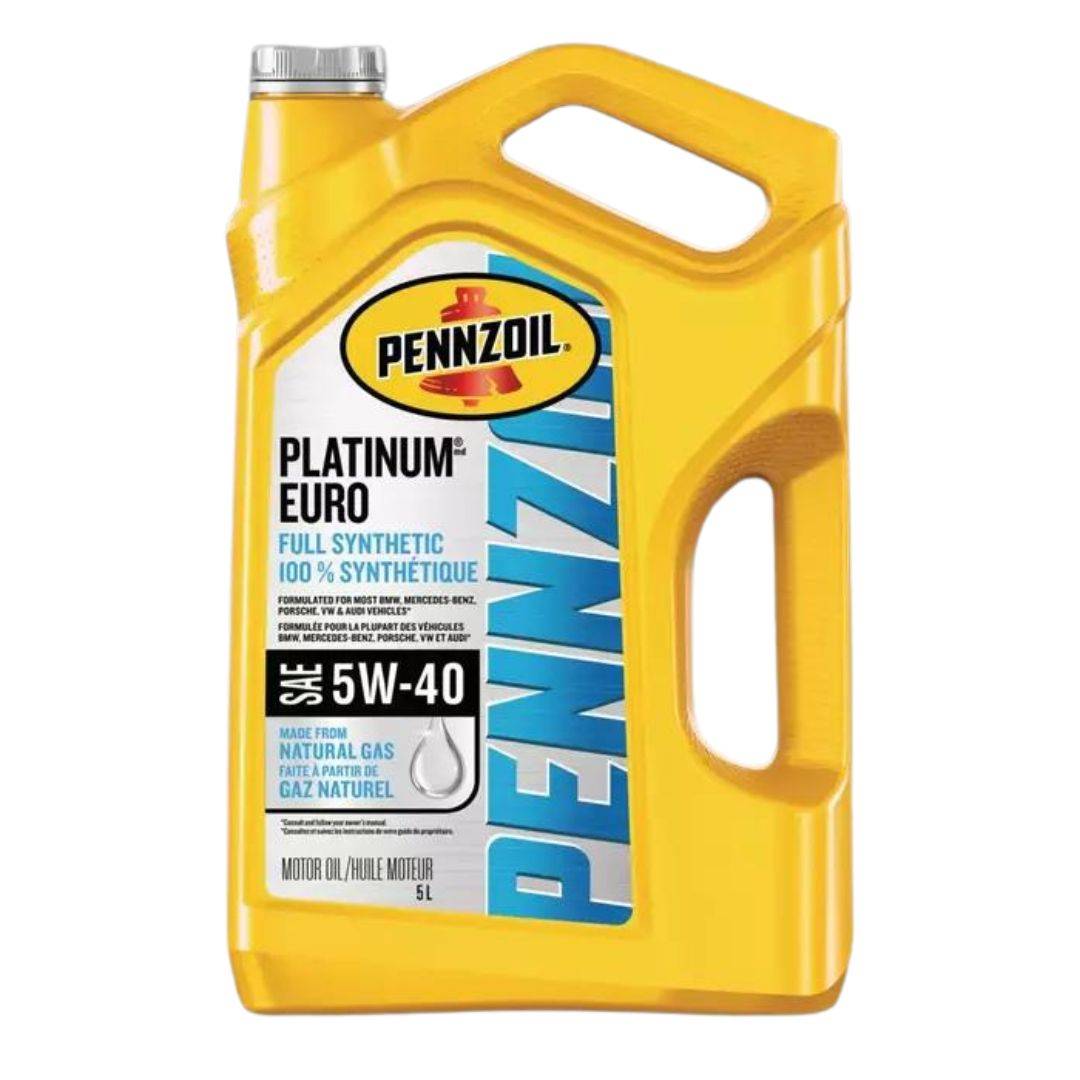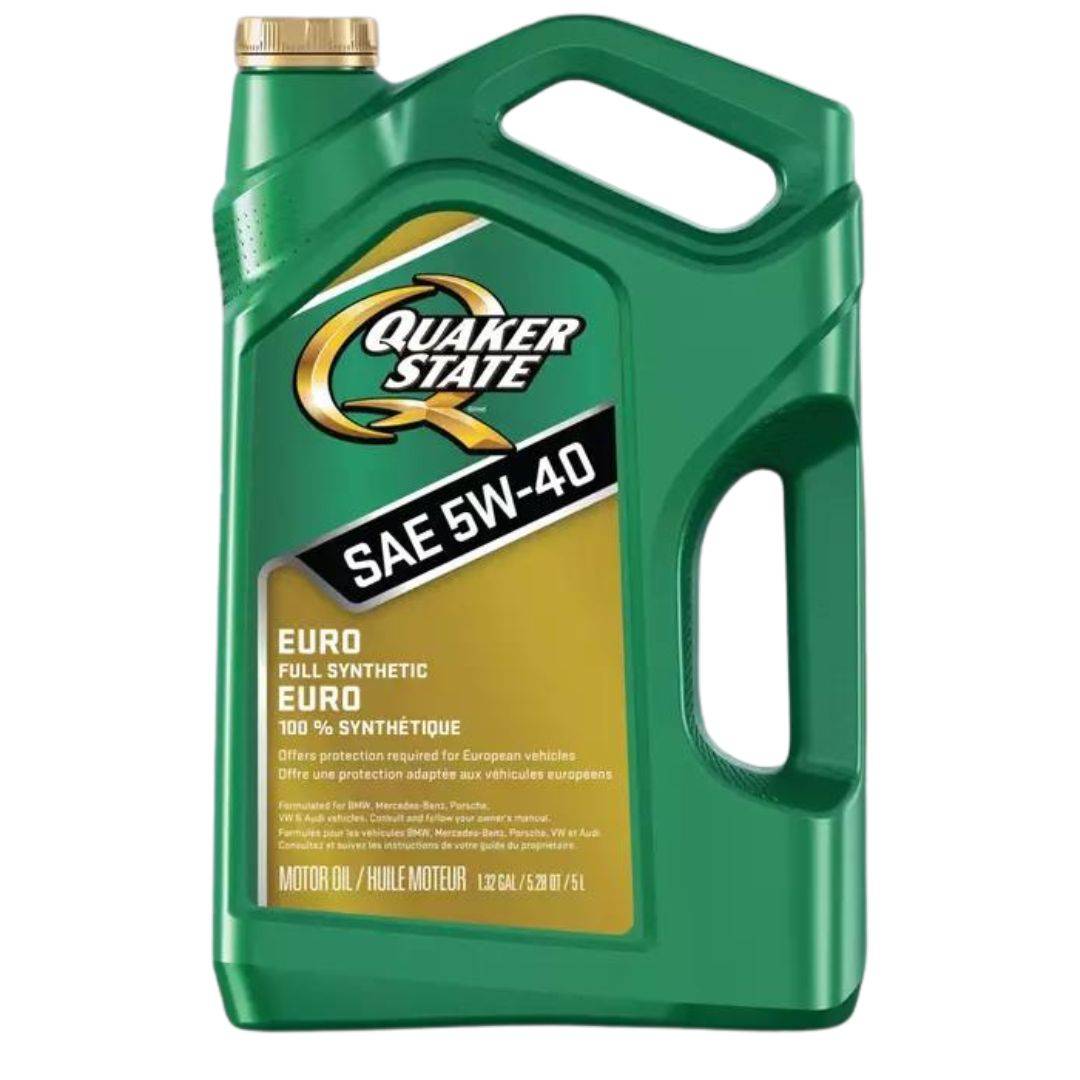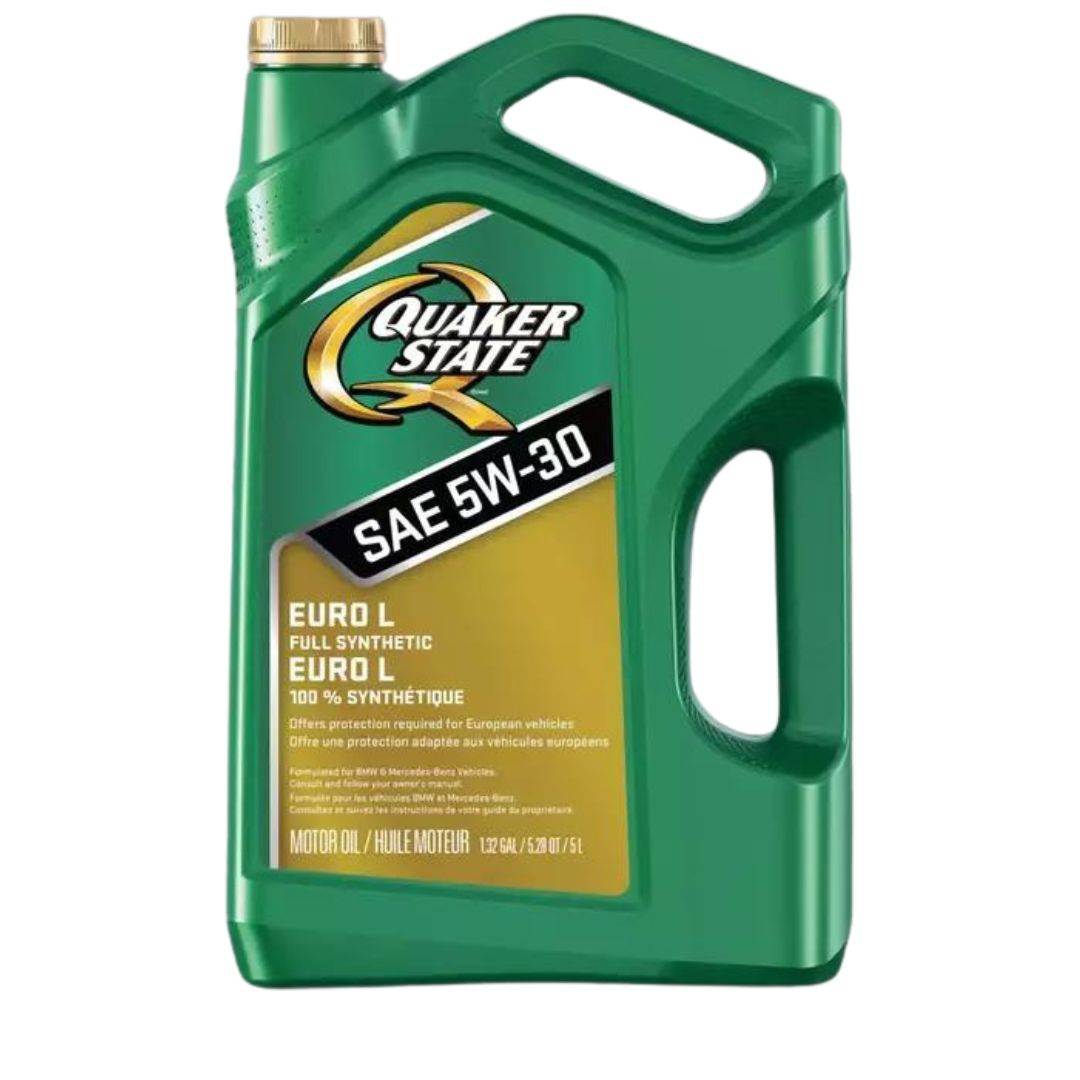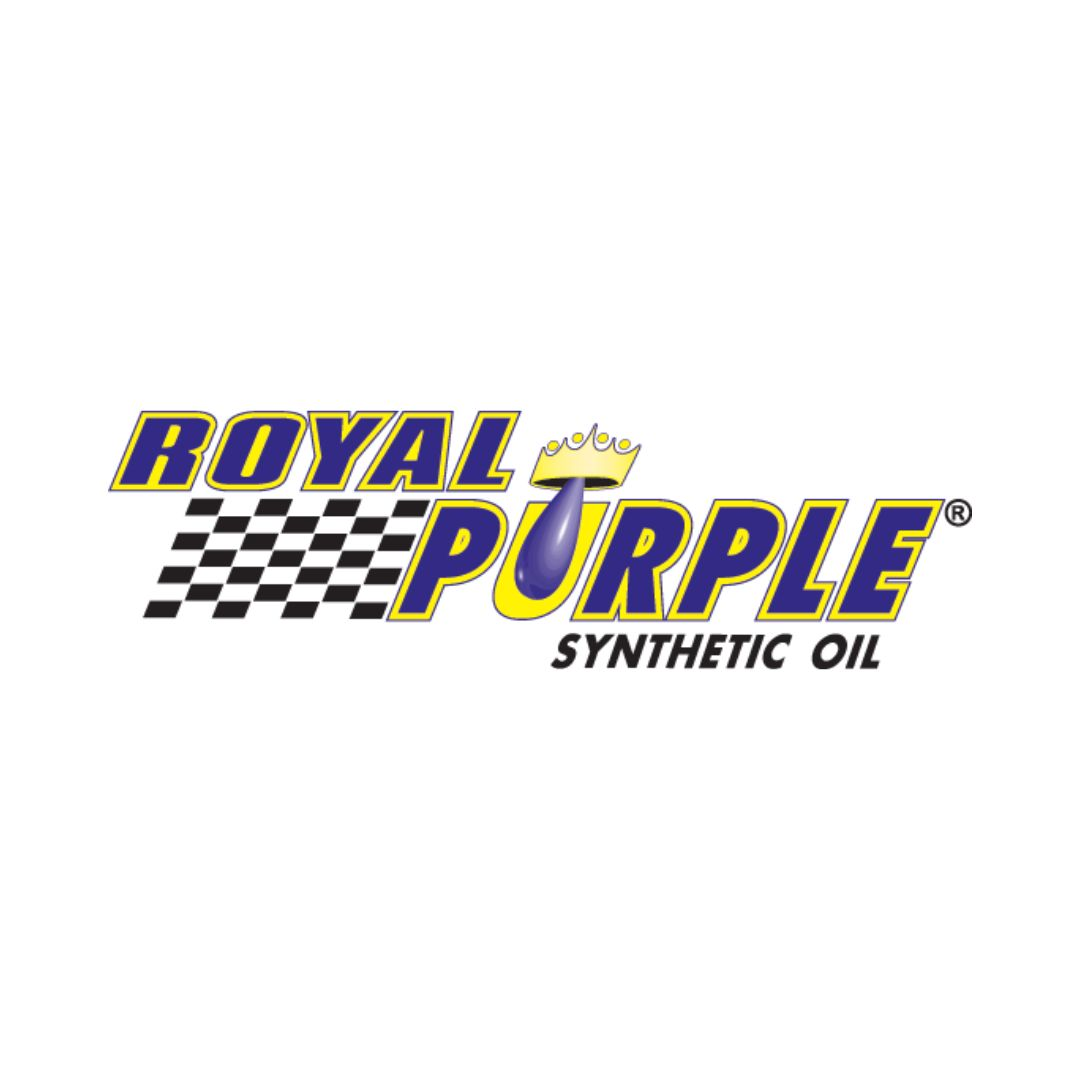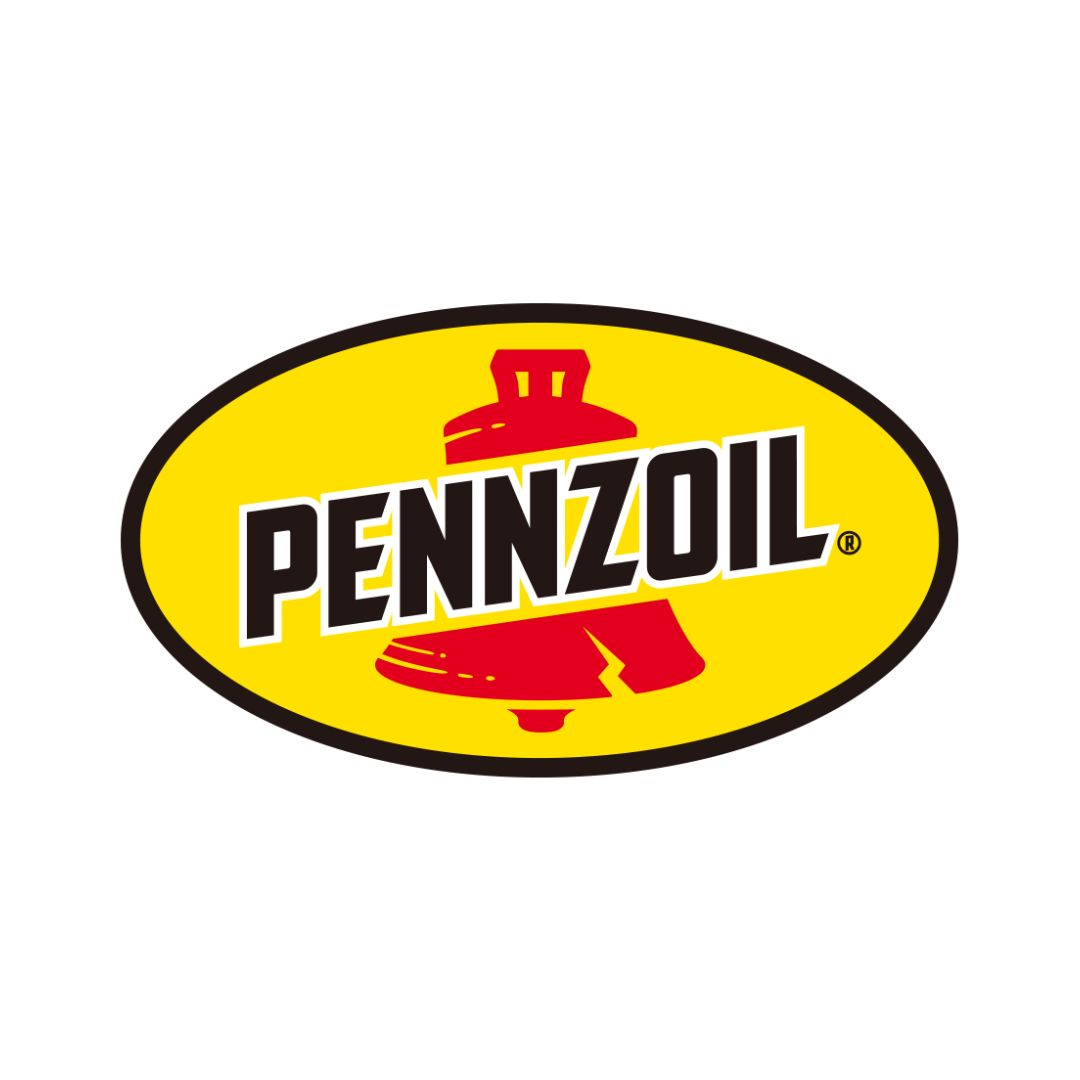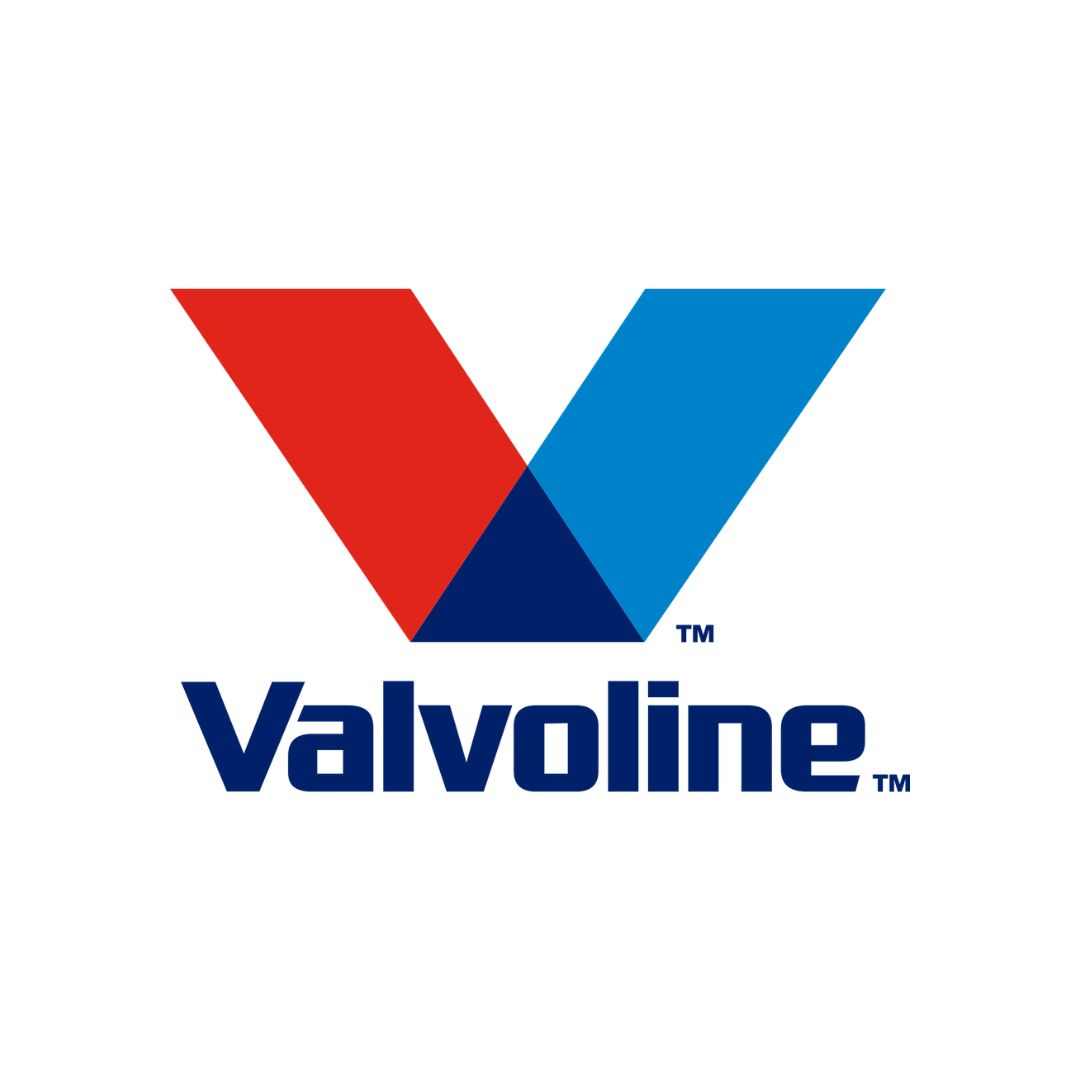
All about Automotive Oil: Synthetic, Conventional, and High Mileage Explained
Oil is an essential component for engine functionality, providing lubrication, cooling, and protection against wear. In this article we will explore the world of automotive oil, delving into various grades and highlighting the benefits of both conventional and synthetic options.
Oil Grades:
Viscosity Ratings:
Viscosity refers to an oil's thickness or resistance to flow at different temperatures. Oil grades are denoted by a combination of numbers and letters such as 5W-30 or 10W-40. The first number represents the oil's viscosity at low temperatures (W stands for winter), while the second number represents its viscosity at higher temperatures. Lower numbers indicate thinner oils that provide better cold-start protection, while higher numbers indicate thicker oils suitable for high-temperature conditions.
Single-Grade vs. Multi-Grade Oils:
Single-grade oils, such as SAE 30 or SAE 40, have a fixed viscosity rating suitable for specific temperature ranges. Multi-grade oils, like 10W-30 or 5W-40, offer improved flexibility by adjusting their viscosity according to temperature variations. This allows them to provide adequate protection during both cold starts and high-temperature operations.
Oil Types
Synthetic oil
If you frequently drive short distances, find yourself stuck in traffic often, or live in a climate with extreme temperatures, using synthetic motor oil is a wise decision. This type of oil offers several advantages, including improved oxidative stability, excellent wear protection, and reliable performance in both low and high temperatures. It also helps to reduce oil temperatures, has low volatility, and promotes energy efficiency. In comparison to conventional oil, synthetic oil provides superior start-up protection in cold weather, allows longer intervals between oil changes, and offers better overall lubrication and wear protection for your engine.
Find a variety of options for Synthetic oil here:
Conventional oil
You might still use conventional oil if your car was produced with conventional oil, and you prefer to stick with the factory fill oil. Most of the volume in conventional motor oil is base oil, which prevents the engine from overheating and lubricates its moving parts to protect them from friction related wear. Chemical additives are included to inhibit rust and corrosion, prevent build-up of engine sludge, and improve oil flow at low temperatures.
Consider transitioning to synthetic for superior engine protection.
Find a variety of options for Conventional oil here:
High mileage oil
If your car has more than 120,000 km on the odometer, consider high mileage oils. Additives in high mileage oil are intended to help extend the life of older engines. They condition engine seals to reduce and prevent leaks, reduce oil burn-off and consumption, and improve combustion chamber sealing, to help restore engine compression.
Find a variety of options for High Mileage oil here:
Diesel oil
Specifically formulated for use in diesel engines, which are commonly found in trucks, buses, heavy machinery, and some cars. Diesel engines operate differently than gasoline engines, and they require an oil that can withstand higher compression ratios, increased soot production, and heavier loads associated with diesel combustion.
Find a variety of options for Diesel oil here:
Ultimately, regular maintenance with quality oil that meets manufacturer specifications is key to preserving your engine's health and maximizing its lifespan.
PartSource has you covered with a wide selection of high-quality oils that meet or exceed manufacturer standards. PartSource also carries unique formulations for some of the European vehicles, find them here:
 Loading . . .
Loading . . .


